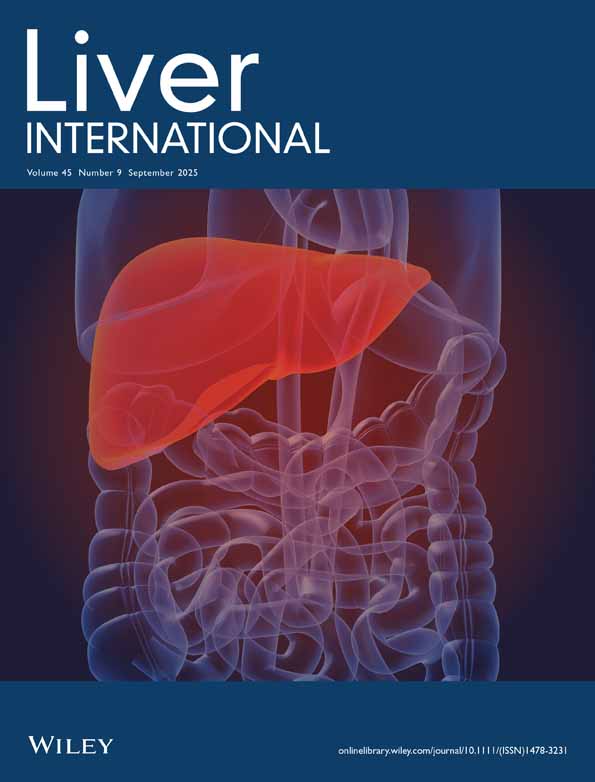Fulminant hepatic and renal failure complicating Wilson's disease
Abstract
ABSTRACT— We report a case of fatal fulminant liver failure complicating Wilson's disease that is unique in several respects. The illness supervened after several years of medical noncompliance in a patient who had been previously diagnosed and successfully treated with penicillamine. Re-institution of penicillamine therapy 2 weeks prior to the fulminant decompensation failed to prevent it. Renal failure in this patient was apparently secondary to rhabdomyolysis. Addition of penicillamine to a peritoneal dialysis solution allowed chelation and removal of over 14 mg per day of copper but without apparent benefit. Exchange transfusion and high dose dexamethasone therapy (24 mg/day) were equally ineffective in reversing the liver failure. Other reported cases have also been fatal. The best treatment for fulminant Wilson's disease is prevention by diagnosis in a pre-symptomatic stage and institution of carefully supervised lifelong therapy with penicillamine.




